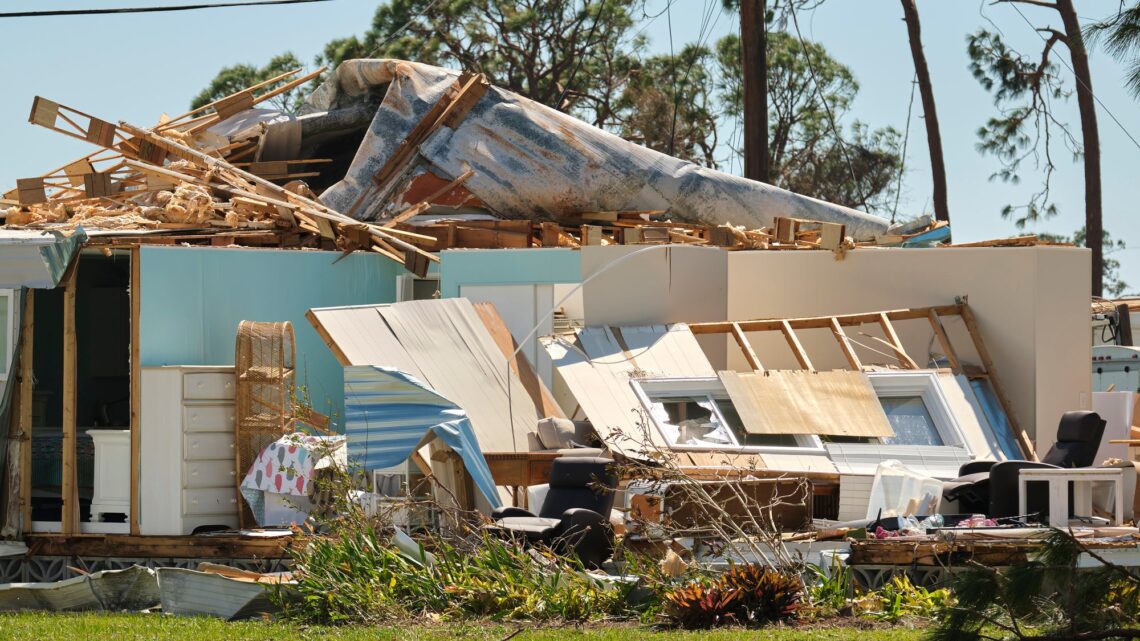This story was originally published by Grist. Sign up for Grist’s weekly newsletter here.
The rising cost of homeowner’s insurance is now one of the most prominent symptoms of climate change in the United States. Major carriers like State Farm and Allstate have pulled back from offering fire insurance in California, dropping thousands of homeowners from their books, and dozens of small insurance companies have collapsed or fled from Florida and Louisiana following recent large hurricanes.
The problem is fast becoming a crisis that stretches far beyond the nation’s coastal states. That’s owing to another, less-talked-about kind of disaster that has wreaked havoc on states in the Midwest and the Great Plains, causing billions of dollars in damage. In response, insurers have raised premiums higher than ever and dropped customers even in inland states such as Iowa.
These so-called “severe-convective storms” are large and powerful thunderstorms that form and disappear within a few hours or days, often spinning off hail storms and tornadoes as they shoot across the flat expanses of the central United States. The insurance industry refers to these storms as “secondary perils”—the other term of art is “kitty cats,” a reference to their being smaller than big natural catastrophes or “nat cats.”
But the damage from these secondary perils has begun to add up. Losses from severe convective storms increased by about 9 percent every year between 1989 and 2022, according to the insurance firm Aon. Last year these storms caused more than $50 billion in insured losses combined—about as much as 2022’s massive Hurricane Ian. No single storm event caused more than a few billion dollars of damage, but together they were more expensive than most big disasters. The scale of loss sent the insurance industry reeling.
“As insurers, our job is to predict risk,” said Matt Junge, who oversees property coverage in…
Read the full article here

